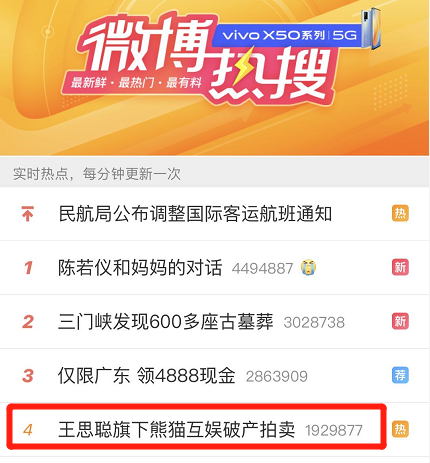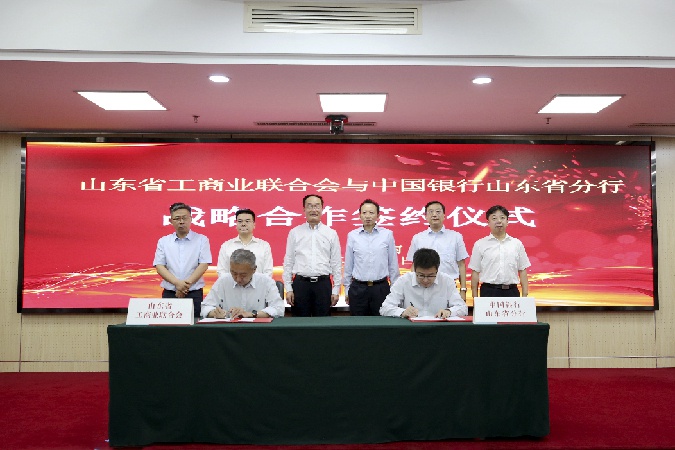《CHINA DAILY》援引健客CEO谢方敏观点:多项政策的出台激活了蓄势已久的互联网医疗
2020-06-09 23:11:30来源:民营经济网·民企动力
近日,《CHINA DAILY》发表了一篇名为《Epidemic pushes online healthcare over tipping point 》 的报道,文章阐述了互联网医疗在流行病学的推动发展趋势 ,其中多处引用了健客集团CEO谢方敏先生的观点。他认为,多项政策的出台,激活了蓄势已久的互联网医疗,对于互联网医疗企业的发展有更积极的作用,今年出台的种种有关互联网医疗行业的新政策对慢性病患者来说是一大利好。
谢总在文章中提及,慢性病患者的主要特点在于年龄大、病程长,用药周期长导致药量大。据了解,针对该部分病患,国家鼓励以分级诊疗的形式为主,多数患者在社区用医保取药,存在排队时间长、取药量有限等困难,对腿脚不好和身体健康较差的老人尤为不便。
他表示,当互联网医疗接入社保后,既可使该部分患者足不出户拿到药品,又可使用与社区同样的医保形式。一旦线上复诊可以进行医保报销,这部分人群对于就医便利的需求就可以得到实质性解决。同时,会有更多的慢病患者有动力去网上复诊开处方,也会推动处方外流,处方药网售。
据了解,中国日报作为中国主流媒体之一,承担着重要的文化宣传工作,与无数人的生活紧密相连。而《CHINA DAILY》作为它的英文版,备受国内外人士推崇,是世界认识中国的窗口之一。
以下为《CHINA DAILY》名为《Epidemic pushes online healthcare over tipping point 》 报道原文:
In mid-February, when the novel coronavirus was ravaging Wuhan, capital of Hubei province and the first epicenter of the COVID epidemic, Wu Hong, a 37-year-old city resident, was getting bogged down with several worries. More than the epidemic itself, her family members' dire need for drug refills was causing immense concern.
Wu's mother-in-law is a breast-cancer patient and needs regular medicine. Wu's father suffers from chronic obstructive pulmonary disease, and inhalers have been in short supply. As the epidemic grew more serious, Wu was not permitted to take her family to the hospital for drug refills. She found herself in a state of restless anxiety.
On Feb 23, the Wuhan Healthcare Security Administration issued a series of measures to ensure epidemic prevention and control and routine primary care. According to the measures, eligible internet-based medical services were included in the medical insurance system.
On March 2, the National Healthcare Security Administration and the National Health Commission jointly launched a guidance on promoting the inclusion of internet-based medical services into public health insurance, giving the green light to online medical insurance.
Wu's anxiety was finally relieved. With the new policy, her family could consult with a doctor online, get a prescription for the drugs, have the drugs delivered directly home and get the medical reimbursement.
Xie Fangmin, CEO of Jianke, China's leading business-to-consumer pharmaceutical e-commerce platform, said the new policy is especially beneficial to chronic disease patients and those who need a follow-up consultation.
In the past, patients were encouraged to refill their drugs at community hospitals, and the fees were covered by medical insurance. However, problems including long waits and limited onetime medicine supply still bothered the patients, especially the elderly who have some trouble with walking, he said.
"When online healthcare was included in the medical insurance system, patients started receiving medicines at home. Once online follow-up consultations were covered by insurance, their need for more convenient healthcare services was finally solved, further promoting the development of the online healthcare sector," Xie said.
Data from app tracker Analysys Qianfan showed that in March, the monthly active users of the drug e-commerce sector surged by 7.3 percent on a monthly basis to 5.67 million. The figure for the same period last year was 3.04 million, making it an 86.5-percent year-on-year growth in March.
Currently, a batch of regions, including Tianjin, Shanghai, Zhejiang, Jiangsu, Sichuan and Guangdong, have already introduced, or are in the process of introducing, online medical reimbursements.
On Aug 30, 2019, the NHSA issued a guideline to improve policies regarding internet-based medical service fees and reimbursement of medical expenses, and many regions, such as Guangdong, Sichuan and Tianjin, have been taking steps since then.
Zhang Xiaoxu, a research fellow at VCBeat, an online healthcare website, said that for regions that have introduced online medical reimbursements, a closed loop is formed, from online consultation to drugs, further boosting the development of the sector.
In terms of the safety of drugs offered by internet-based companies, Xie from Jianke said that currently, the company's online hospital attracts nearly 200,000 doctors from the country's 3A-grade hospitals, that offer professional medication directions, to make sure patients get the right medicine and consume it in a proper way.
In addition, to guarantee drug safety, every order submitted online will go through an artificial intelligence-enabled audit system. Pharmacists are also engaged in the checking process, offering a double safety for patients, according to Jianke.
Speaking of the future trend of the sector, Xie noted that a comprehensive operation system should be established, to optimize the allocation of medical resources, so that more patients from the rural area are able to enjoy the high-quality medical services from first-tier cities, such as Beijing and Shanghai, through the internet.
"More doctors are expected to join the online healthcare system, attracting more patients, gaining their trust and further boosting the development of the sector," he said.
免责声明:市场有风险,选择需谨慎!此文仅供参考,不作买卖依据。
责任编辑:张富强
免责声明:本文仅代表作者个人观点,与民营经济网无关。其原创性以及文中陈述文字和内容未经本站证实,对本文以及其中全部或者部分内容、文字的真实性、完整性、及时性本站不作任何保证或承诺,请读者仅作参考,并请自行核实相关内容。
如有问题,请联系我们!





